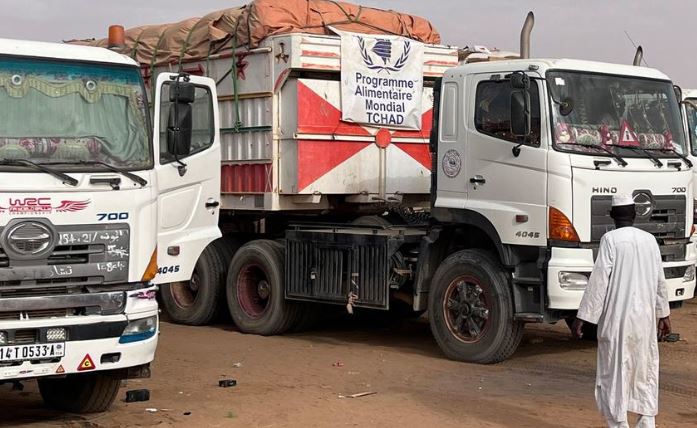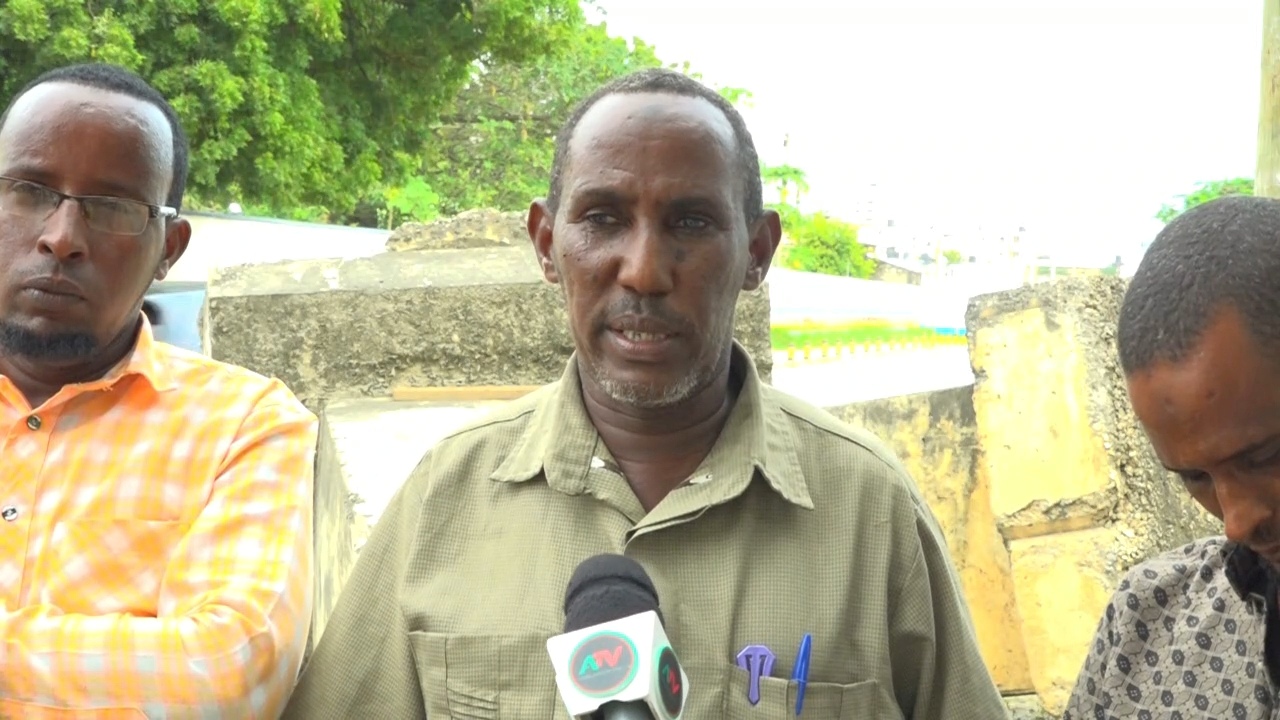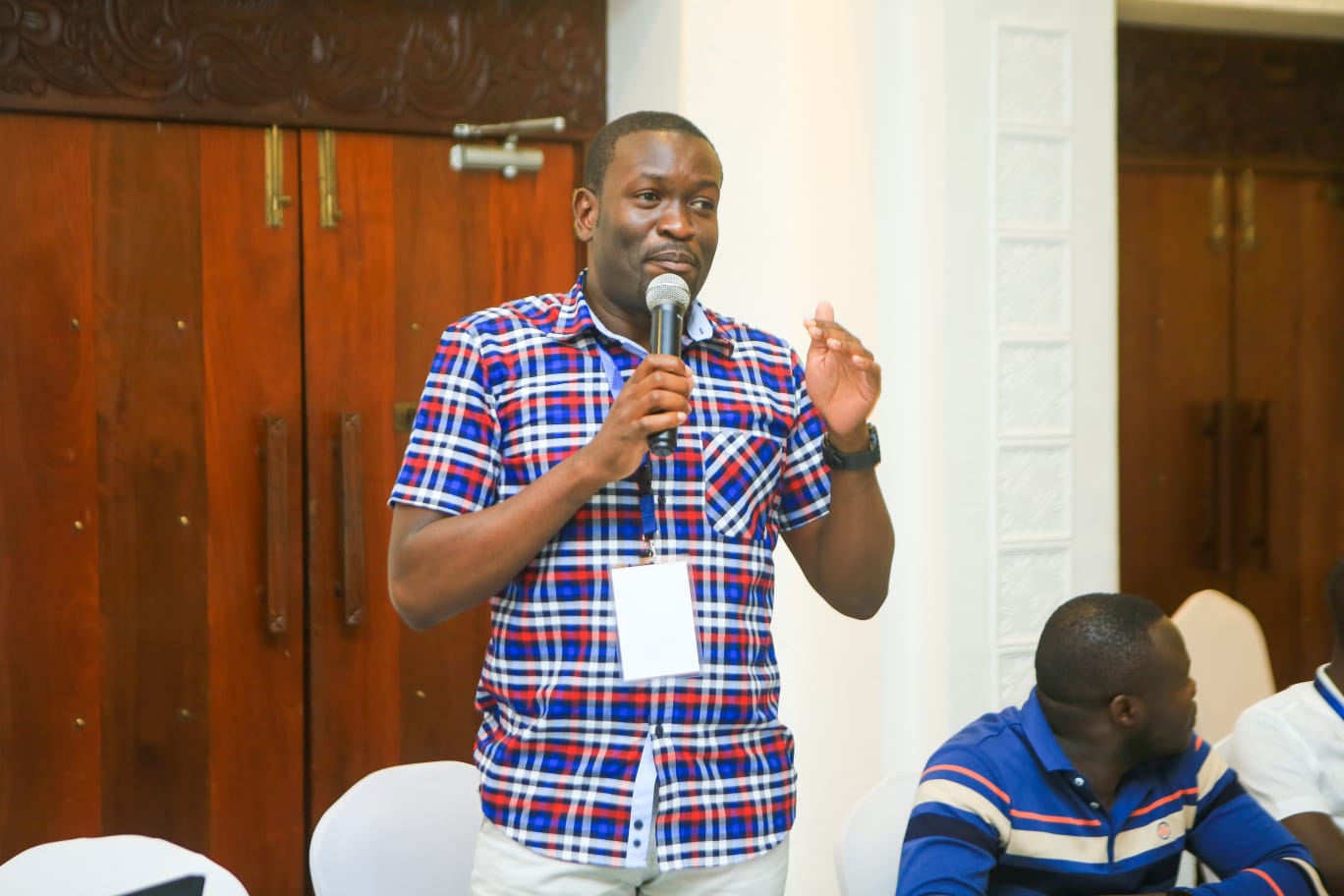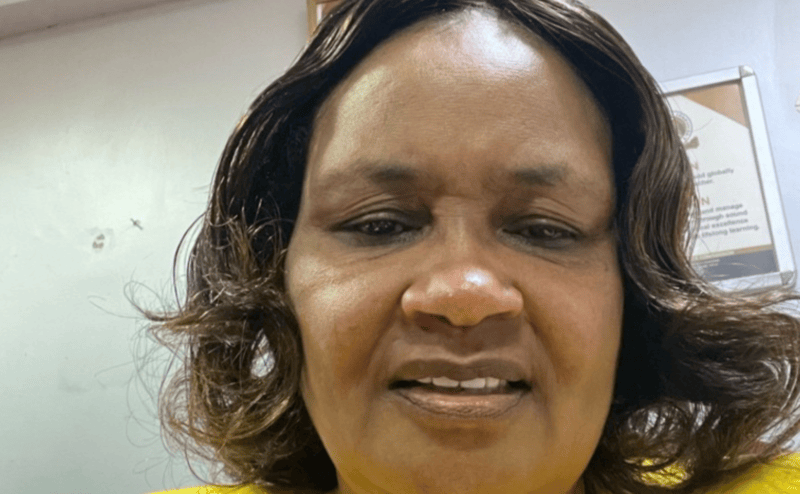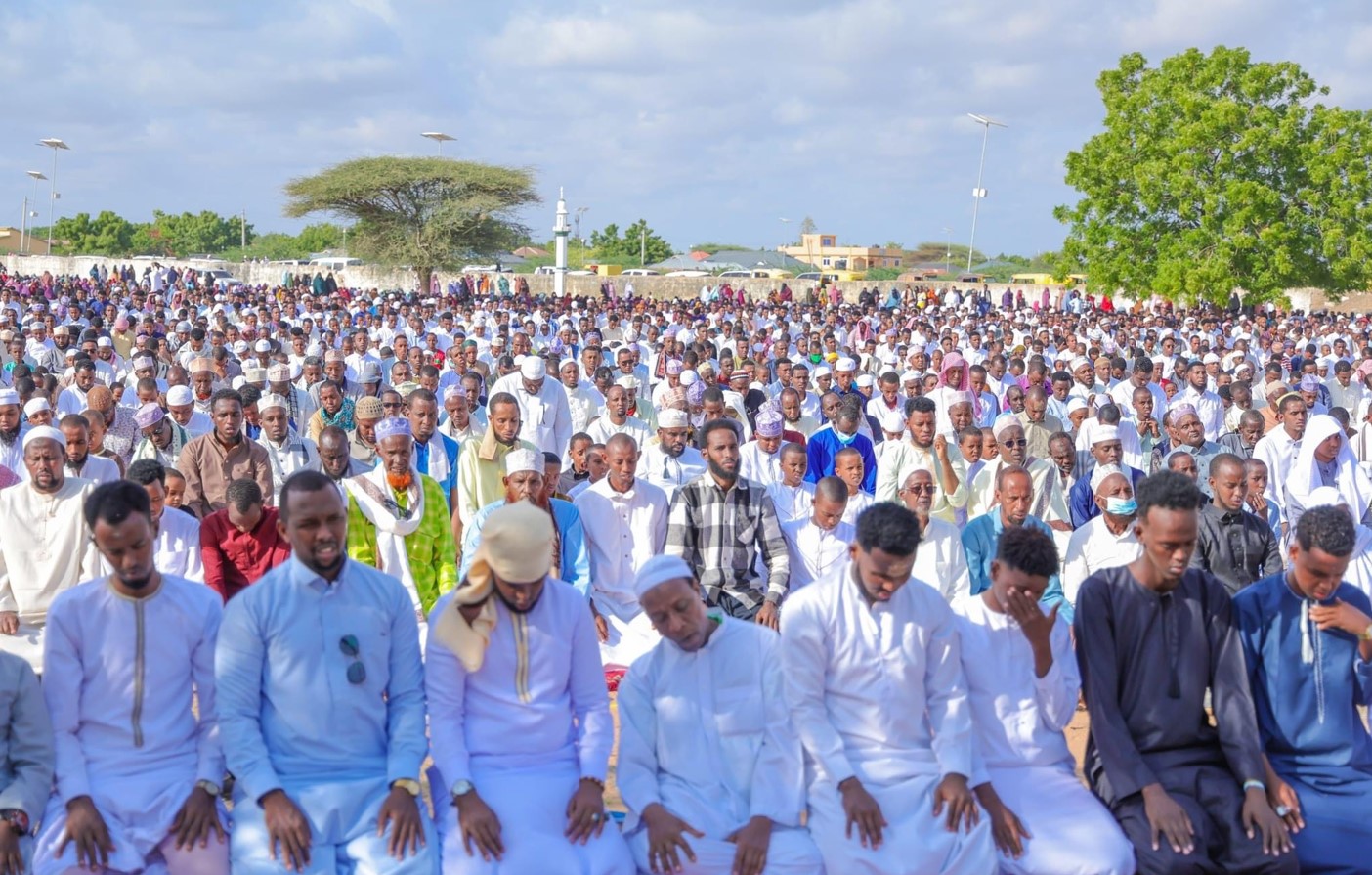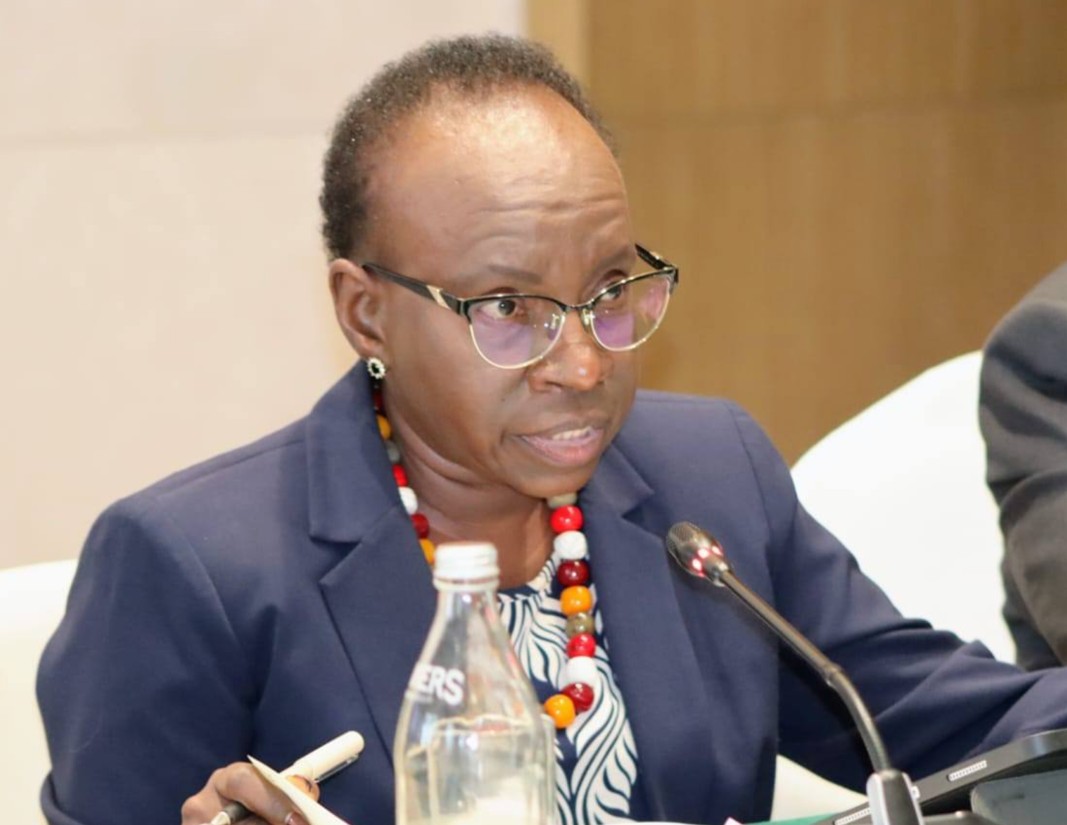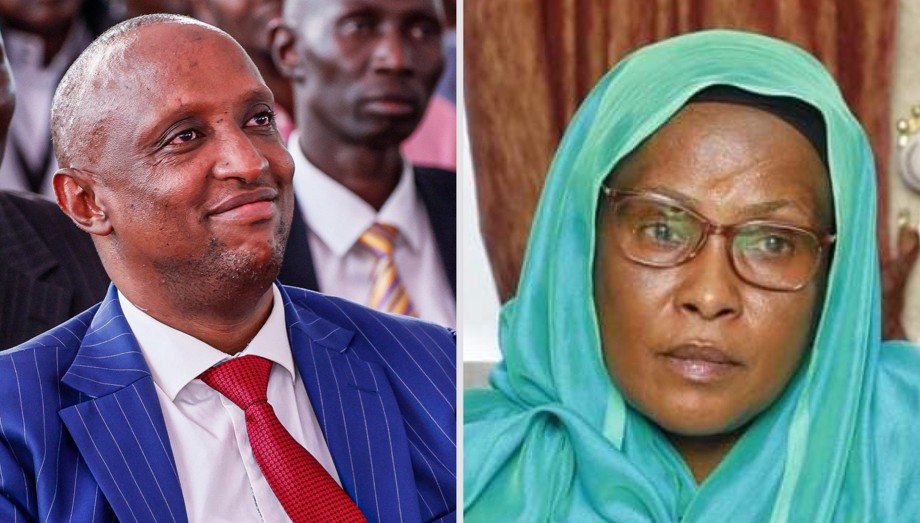How high costs, confusion are hindering workers in informal sector from enrolling on SHA
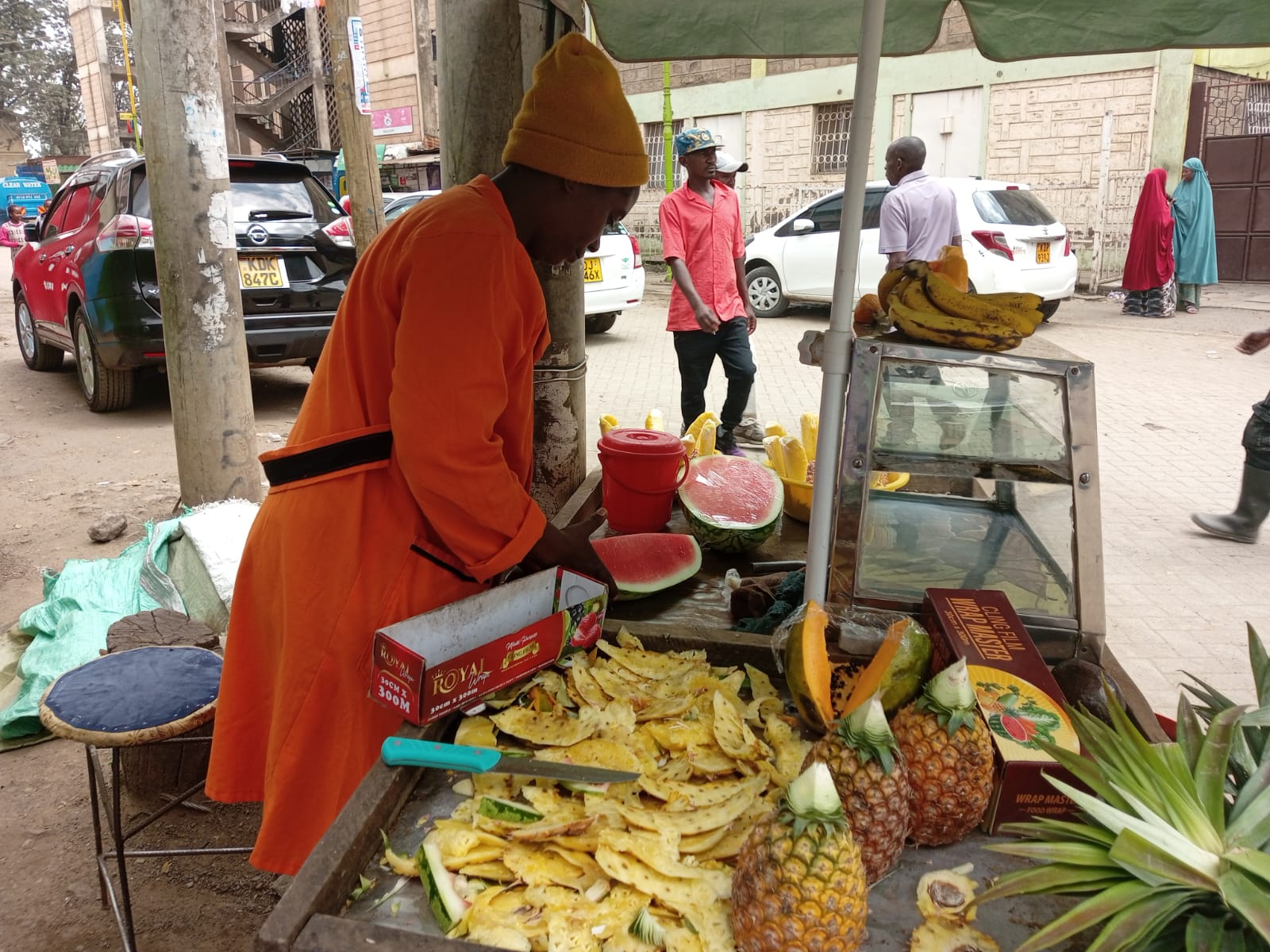
Under the Social Health Authority (SHA), registering dependents is essential to ensure they receive health coverage alongside the primary member. Eligible dependents include spouses, children and disabled immediate family members. Children aged 21 to 25 must provide proof of full-time education, while those over 25 can only be registered if disabled and dependent.
Jane Wanjiru, a fruit vendor in Eastleigh, registered for the Social Health Insurance Fund (SHIF) two months ago. At the time, she was assigned a contribution rate of Sh610 per month. Unfortunately, she could not afford the amount, and as a result, she did not complete the process.
Her situation was further complicated by her inability to register her 20-year-old son, who is still in college and fully dependent on her. Frustrated, she abandoned the idea altogether.
More To Read
- Ruto: 20% of affordable housing units reserved for KDF, police, NYS officers
- Human rights groups demand sanctions on Ruto, Samia and Museveni over state-sponsored abuse
- Kenya’s police brutality victims trapped in endless cycle of political promises and no justice
- Government launches flexible health insurance payment plan to boost access for informal sector
- Duale suspends licences for distribution of nicotine products, orders re-application in 21 days
- Kenyan breast cancer patients to pay 67pc less for treatment under new deal with Roche
"I was committed to NHIF because I understood the benefits it offered. But when I went to a Huduma Centre and was told I couldn’t register my son, it didn’t make sense. From what I’ve heard, he should still qualify as a dependent."
Initially, during the rollout, informal sector workers like her were expected to pay 2.75 per cent of their income annually, which she found discouraging. Later, she was informed of a monthly contribution, initially expected to be Sh300, but which eventually rose to Sh600—another setback that left her uncertain.
And what could come as a relief with the launch of a daily payment to accommodate those in the informal sector, her challenge of not enrolling her son still remained.
“Paying daily works for me, especially if I can choose the amount. I can easily contribute Sh20 a day. That kind of flexibility is something I can manage. But my biggest concern now is still the issue of dependents. It’s discouraging. How does it help me if someone who fully relies on me can’t be covered? I can’t afford to pay twice,” she says.
She acknowledges that there has been some progress since the early stages of SHIF enrolment, which were disorganised and confusing, but she believes that if the government remains committed and transparent, people like her are more than willing to contribute.
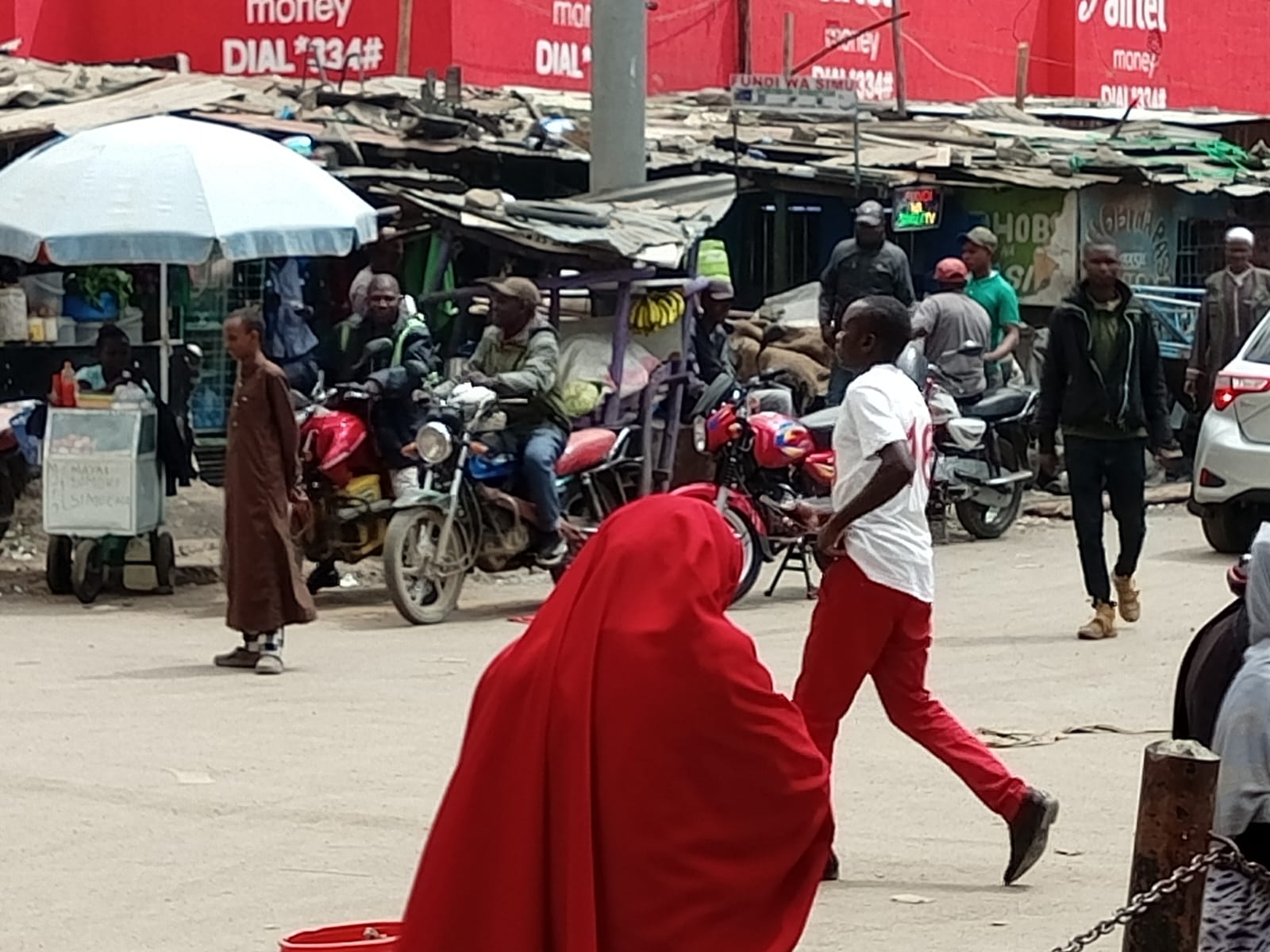 Some of the Eastleigh residents go about their daily activities. (Charity Kilei)
Some of the Eastleigh residents go about their daily activities. (Charity Kilei)
Jael Andeso, a janitor in Nairobi, also transitioned from NHIF to SHIF but has yet to activate her new account. She admits that the system initially felt complex.
“At first, the system didn’t speak our language,” she explains. “We’re already overburdened with bills, and the options given didn’t feel realistic. But if the system is adjusted and made fairer, we’ll support it because it can really help us.”
Andeso recently had a firsthand experience with SHIF’s benefits. Her uncle was involved in an accident and was referred to a hospital that recommended registering him for SHIF immediately. They were asked to pay Sh7,000 to cover an annual subscription. Though it was difficult to raise the amount at short notice, the family was relieved when, upon discharge, they discovered that the entire hospital bill had been covered by SHIF.
“We’re grateful we got help. It wasn’t easy raising the Sh7,000, but it saved us from a much bigger burden. I’m especially thankful to the doctors who advised us to register him.”
However, she still hopes the government will fulfil its promise to reduce the monthly contributions to the initial Sh300, as the current cost remains a burden for many low-income earners.
Chaalenges facing SHA
Under the Social Health Authority (SHA), registering dependents is essential to ensure they receive health coverage alongside the primary member. Eligible dependents include spouses, children and disabled immediate family members. Children aged 21 to 25 must provide proof of full-time education, while those over 25 can only be registered if disabled and dependent.
Since the launch of the SHIF under the SHA, Kenyans have faced several challenges, as reported by major media outlets. While over 20 million people are registered, only about 3.9 million are actively making contributions, raising concerns about the scheme’s long-term viability.
Many beneficiaries have expressed frustration over the limited coverage offered by SHIF, particularly for chronic illnesses, specialised medical treatments, and outpatient services. This shortfall often forces patients to pay out-of-pocket, undermining the core purpose of health insurance, which is to offer financial protection against medical costs.
Additionally, confusion persists over the registration of dependents. Many Kenyans are discouraged from joining or continuing contributions because their adult dependents, who may still rely on them, cannot be easily enrolled.
The mandatory 2.75% contribution rate has also been contentious, with some individuals unsure who qualifies as indigent and who must pay the minimum Sh300 monthly fee. This uncertainty continues to hinder wider participation, particularly among informal workers and vulnerable groups.
These challenges highlight the urgent need for clearer communication, flexible payment options, and streamlined enrolment processes to ensure the scheme is accessible and sustainable for all Kenyans.
Lipa SHA pole pole launch
During Madaraka Day celebrations in Homa Bay, President William Ruto launched a new flexible payment model for SHIF, aimed at easing healthcare access, especially for informal workers.
Dubbed Lipa SHA pole pole or Lipa SHA mos mos, the initiative allows Kenyans to pay their annual SHIF contributions in daily, weekly, or monthly instalments.
“This system enables every Kenyan to contribute at their own pace. You can now start with as little as Sh20 a day by dialling *147#,” President Ruto said.
The model, developed through partnerships with government ministries, mobile operators, and financial institutions, is part of the administration’s push for universal health coverage.
Ruto also announced plans to collaborate with county governments to provide essential medical equipment based on local needs, aiming to improve healthcare delivery across the country.
The Ministry of Health recently launched the Health Benefit Package Tariffs Review Committee to advance universal health coverage through affordable, equitable, and evidence-based healthcare policies.
The committee was formed to address key challenges following SHIF’s rollout in October 2024. These include a lack of data on disease burden, high treatment costs for chronic and complex conditions, the absence of price regulation, and complicated reimbursements due to tariff unbundling. There is also a need to integrate donor-supported programmes into the national benefits package to ensure long-term sustainability.
Health Cabinet Secretary Aden Duale said the panel will harmonise tariffs, model outpatient and inpatient services, and simulate provider payment mechanisms to support sustainable implementation.
Key responsibilities include updating the benefits package using health technology assessments, identifying critical gaps in service delivery, and enhancing policy through broad stakeholder engagement.
Top Stories Today
